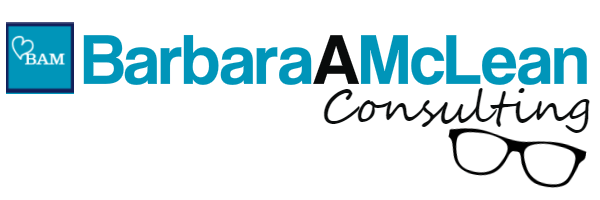How Conferences Are Like Summer Camp
This week, my youngest son went off to a week-long sleep-away camp for the first time. Of course, he was a bit nervous but mostly excited to spend a week with one of his best friends, without his parents, learning to rough it in the great outdoors.
At the same time we were getting him packed for camp, I was getting ready to attend a conference. Upon reflection, I was struck by the parallels between the two experiences:
Options and Investments
Leading up to camp, you first start looking at the options – what kinds of camps are there for this age group, where and when are they offered and how much do they cost?
Just like for camp, when considering attending a conference, you look for ones that offer something of interest, in your field or a related field, is appropriate for your experience level, somewhere you can easily travel to, at a time when you can take the time away from work and at a cost that you can afford.
Once you narrow down the options, take the plunge and make a decision, register before it is full, and commit to the investment of time and money knowing that it will benefit you in the long run.
Planning and Preparing
Once we signed him up for camp, we received a welcome packet full of information about the camp, what to pack, more details about the activities they’d be doing and what to expect.
Once you sign up for a conference, ideally you should get a “welcome packet” as well that gives you more information about the theme for the conference, what’s going to be happening (so you have a better idea what to pack), who’s going to be there (speakers and perhaps attendees as well), where it’s going to be held and where to stay. The information you receive should answer all your logistical questions. Go through all of the information thoroughly when you receive it in order to make all the necessary arrangements for your trip.
Expectations
Leading up to camp, my son had built up his own expectations and asked me lots of questions about the camp and who might be going.
Leading up to going to a conference, think about what your expectations and goals will be for attending. How many people do you want to make a point of networking with? Anyone in particular (if you have access to the attendee list)? Which workshops do you want to attend and what do you hope to learn from them? Will there be an exhibitor hall? If so, take a look at the list of vendors and start thinking about who you might want to connect with there.
Start building up excitement about going and set some goals for yourself. Get prepared mentally at this stage. And set some expectations with your boss and colleagues, if you can, about people from work not contacting you while you’re away (or the kinds of emergency situations that it would be ok to contact you about) and who will be the point person, instead, in your absence.
Free from Distractions
The camp my son went to had a strict “no electronic devices” rule.
Impose this rule on yourself, if you can, even if it’s just for the length of a workshop. Most of the time there won’t be any emergencies and things can wait until you get back. Take the time to really enjoy and get the most out of your conference experience. Try not to bring work with you and really immerse yourself in all that the conference has to offer – the learning opportunities, the networking and social opportunities, and even time to yourself if that’s what you need and crave.
Being free from distractions allows you time to reflect and plan, much needed activities but ones that we don’t often get or allow ourselves to do in our overly busy schedules. When you get back to work, see if you can continue to schedule in distraction free times to continue this habit.
Benefits
Just like summer camp is a great time to make new friends based on shared experiences and interests, conferences provide great networking opportunities to build up your professional support network and to make life-long connections. Make sure you put yourself out there to benefit from these opportunities.
Of course, it is also a time for fun and learning. Take advantage of all that the conference has to offer so that you keep up with the latest trends in your field, take away best practices, pick up nuances in service delivery, brainstorm solutions for issues you are having at your organization, engage in philosophical discussions related to your industry while being open to differing viewpoints, and bring home resources that will help your organization in achieving its mission.
Returning Home
With packing up to go back home comes mixed emotions: happy to be getting back and sad to be leaving camp and your new friends behind.
When you go back home and back to work, you have a number of new ideas, skills and experiences to share with others, some of which will easily translate and some of which won’t with people who didn’t attend the conference with you. Some things will end up taking more time to share (and possibly get buy in for) than others.
There may also be an adjustment period for you getting back – inboxes full of voice messages and emails, people waiting for your responses, maybe even some fires to put out. So allow for all of this in your planning.
You will naturally be excited about all that you learned and did at the conference. Remember, though, Rome wasn’t built in a day. Pick one or two ideas that can easily be communicated and implemented to keep up the momentum that you have going. Make a list of other ideas to tackle that may take longer or are more complicated and will take more steps to achieve.
Being surrounded by diverse yet like-minded people in your industry and spending time with colleagues from other parts of the country or world and learning about what they’re doing is much like going to summer camp – an enriching experience that’s good for the soul. I highly recommend attending conferences on a regular basis as an investment in yourself and in your organization. It can take you out of your comfort zone and bring you some new and refreshing ideas.




